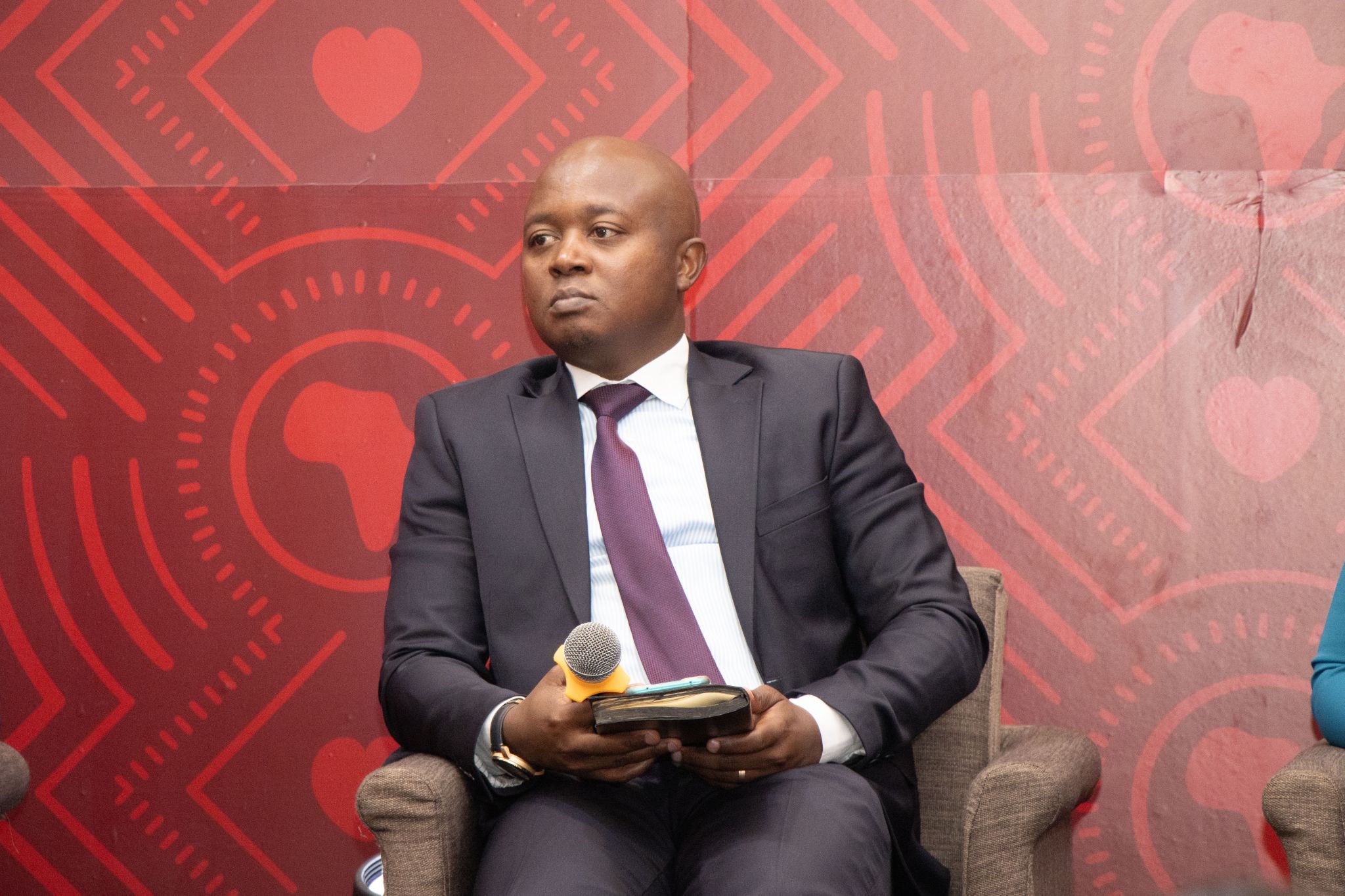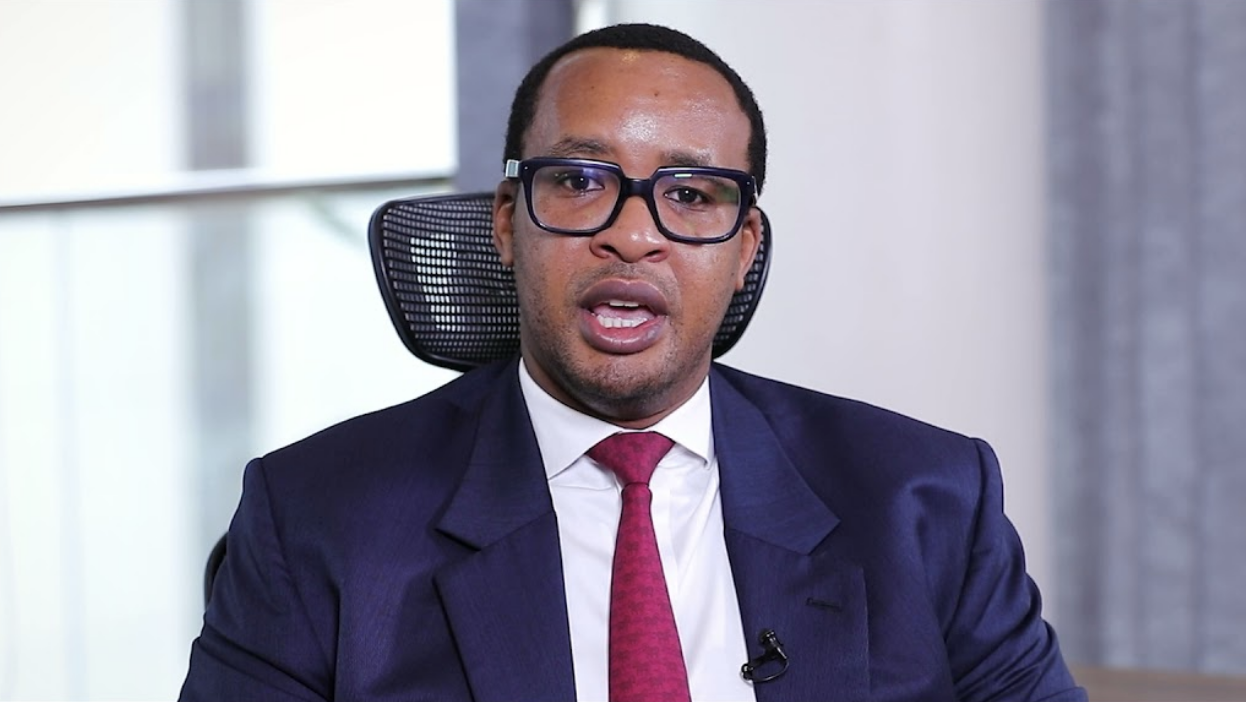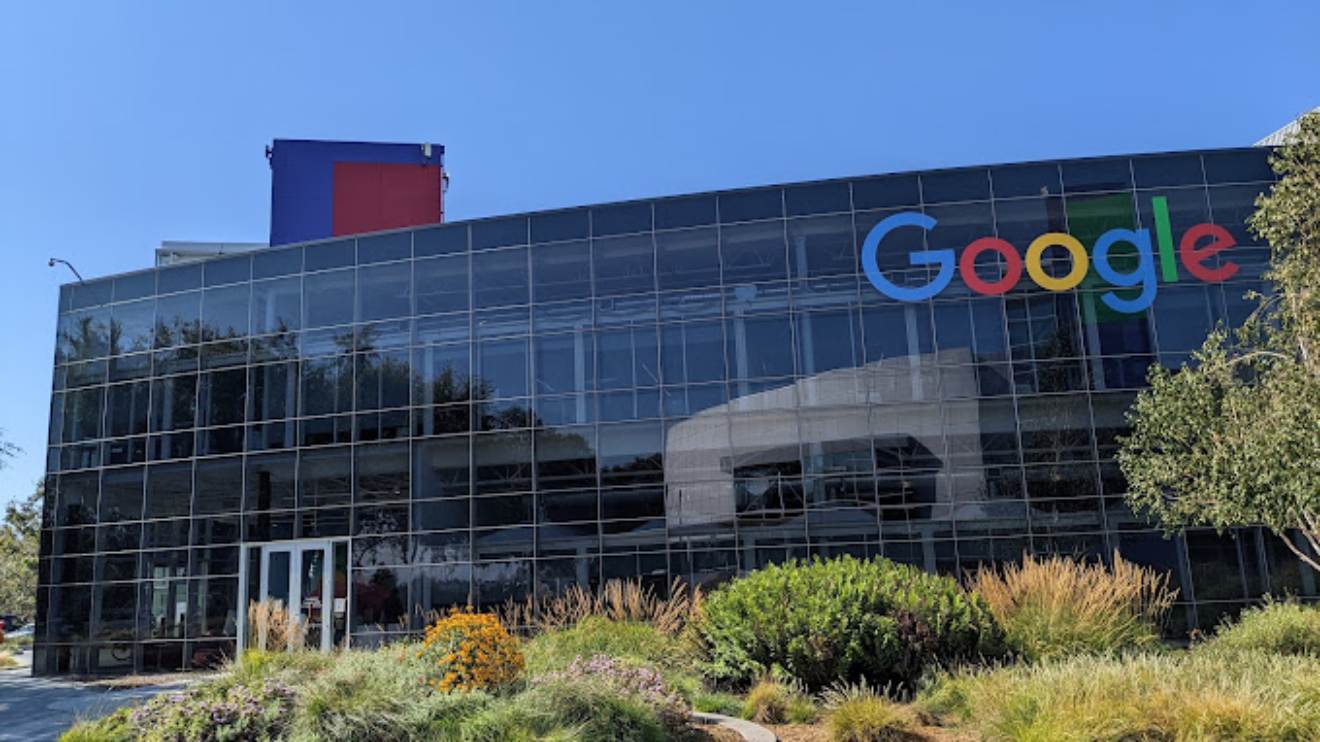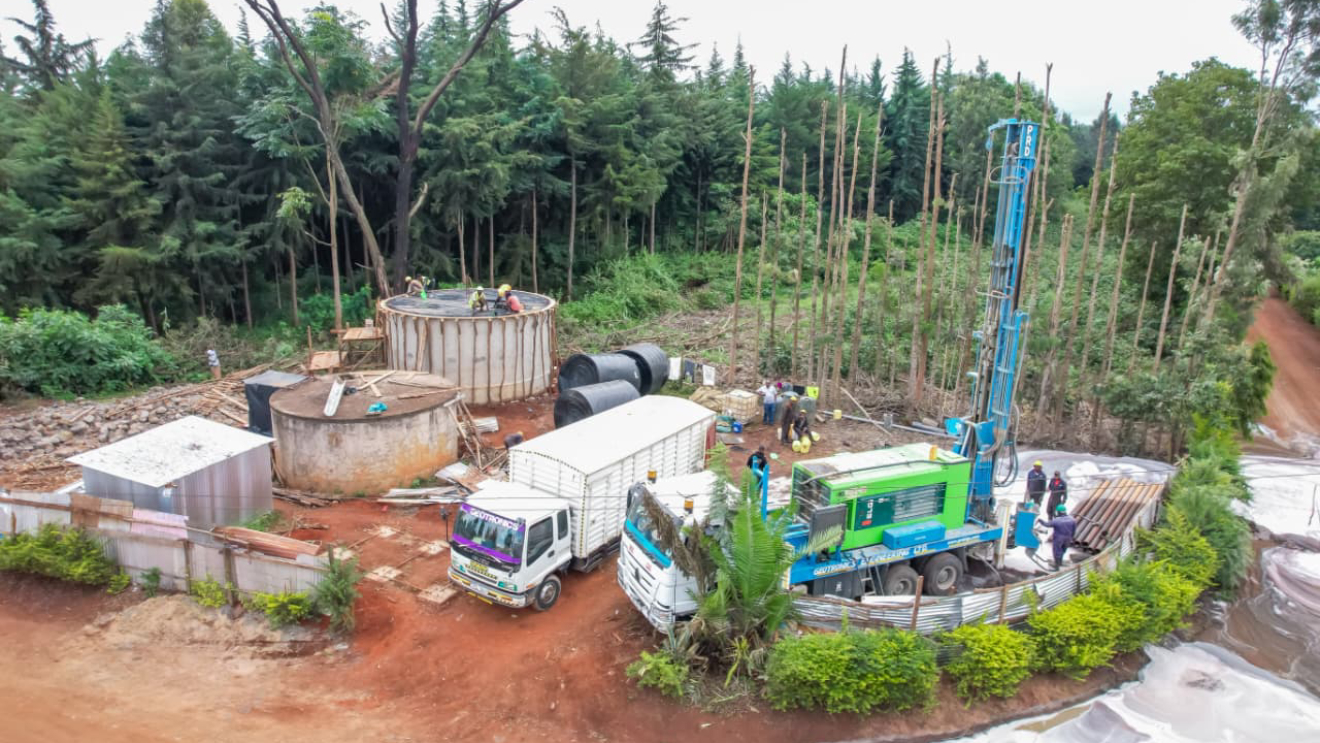Education is fundamental for the growth of individuals and the progress of societies.
Investing in education on the macro and micro levels is crucial for guaranteeing a prosperous future for all. Globally, and especially across Africa, school dropout rates are alarmingly high and are a real issue across the continent.
Zooming into Kenya, we find that many students drop out of school throughout their learning journey for various reasons. Studies show that a major contributor to school dropout rates is the lack of resources – from money, clothing, food, all the way to writing tools.
The lack of resources impacts students’ ability to get to school; be in the right state of mind; grasp new concepts; and express themselves.
The correlation between education systems and the private sector
Read More
The school dropout issue is fundamental as it significantly impacts the socioeconomic state of a country. Quality education means that the future generation is capable and skilled to take on roles to better countries and communities.
With a rising dropout rate, the future remains uncertain. While this is a national issue that requires government intervention, many public and private organizations are putting more emphasis on their Corporate Social Responsibility (CSR) programs with a focus on education.
Collaborative platforms supporting the education infrastructure
BIC, a world leader in stationery, has recently launched EduTalk – a platform that brought educators and professionals in the field to tackle challenges and opportunities in the education space in Kenya.
One of the main takeaways from the discussions was the significant role that the private sector can play in contributing towards finding a solution for the school dropout challenge in the country, which consequently affects everything else in the community.
While the government continues to focus on building, maintaining, and elevating the education system, private companies need to leverage their offerings and expertise to support the wider education infrastructure.
Issues such as improving roads and access to schools, or upgrading the water infrastructure and availability in schools, all contribute towards improving learnings conditions for students, and can be a part of companies’ Corporate Social Responsibility programs.
Visions to Reality
Being a stationery leader in the region and the country, BIC has leveraged its key offering to contribute towards the education space.
As part of the sustainable development program, Writing the Future Together, the company has made five commitments, one of which is to improve learning conditions for 250 million students by the year 2025.
Bringing that vision to reality, several education initiatives have been implemented in Africa, including Kenya, where more than 100 schools have benefited, 165 teachers trained, and more than one million writing tools donated to students in need.
If every individual or organization can leverage its expertise to contribute towards the sector, we can go a long way.
The role of digitization in improving education
The world is changing at a fast pace, and we need keep up to be able to survive, thrive, and develop. Private companies often have advanced resources and programs that might not necessarily be available in the public sector.
Companies need to take a step further beyond Corporate Social Responsibility programs, to utilise resources and new technologies to further enhance the education system.
In a digital era, creating online solutions to develop and deliver training programs and knowledge sharing platforms could significantly impact the level of knowledge amongst teachers, and education amongst students.
Leveraging technology could also enhance access to education to students who are unable to travel to school due to lack of resources, time, or accessibility.
Keeping abreast of and leveraging technological advancements is a major factor in closing a gap in the education space.
Investing in teachers
Quality education starts with quality educators. Globally, the teaching profession is seldom a highly paying job, despite its importance.
While this phenomenon remains a challenge across the sector and amongst governments, private companies can still partner with individuals or organizations to create and/or invest in programs that support teachers.
Such initiatives would certainly help teachers share knowledge and expertise, as well as elevate their programs in the classroom.
As a leader in the stationery space, BIC has been working with the Teachers Service Commission in Kenya over the past three years as part of its creative handwriting program that support penmanship, My Words, My Story, My BIC Pen.
The initiative aims to help students improve their handwriting skills and transition from using graphite pencils to ballpoint pens. BIC has provided teachers with training courses throughout the initiative to help them manage and run the program.
Additionally, teachers and the schools were provided with the necessary writing tools and materials to run the program effectively.
Every step counts. Private companies as well as individuals can contribute towards education and support teachers to help them enhance learning conditions in the classroom and within schools.
Collaborative society for a better future
The public and private sectors need to work hand-in-hand to elevate learning conditions and enhance education in Kenya.
Whether this takes place through strategic partnerships that seek to enrich the educational experiences for students, families, schools, and the community, or by driving well planned and delivered individual initiatives that serve the greater good.
With the public sector/government entities focusing on the curriculum and education systems, the private sector can channel its efforts towards improving infrastructure, accessibility, and providing resources, where possible.
By Michael Sinclair,
General Manager, BIC East Africa





-1753808187.jpeg)






